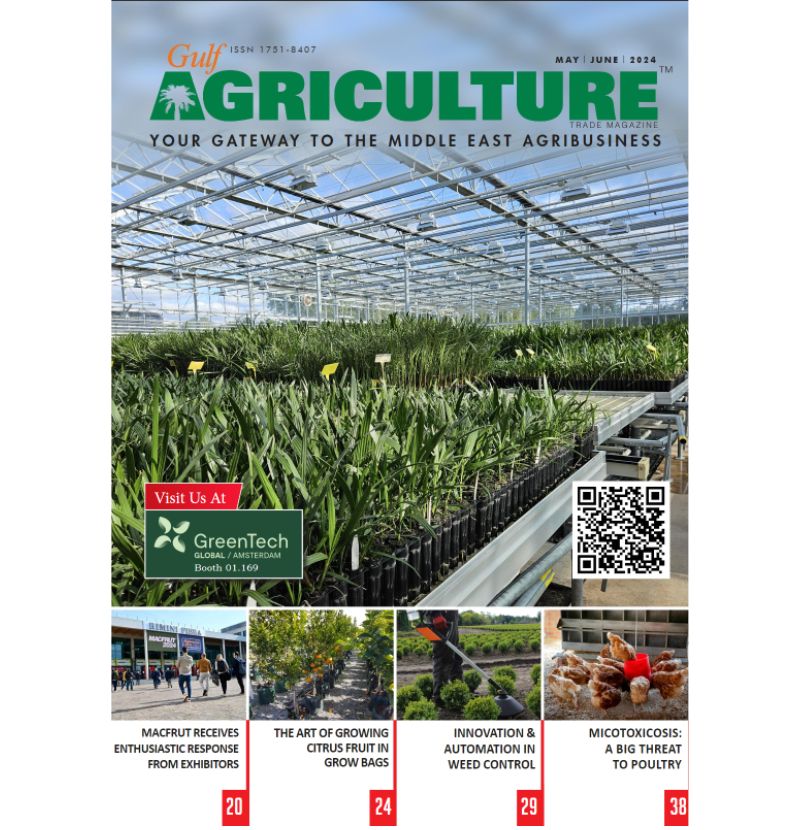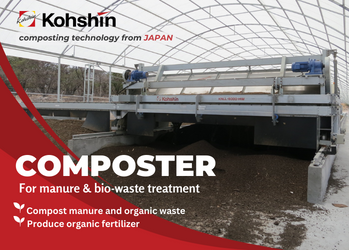Dendra, an international environmental technology leader in restoring mangrove and arid ecosystems, who is supporting the UAE’s efforts in increasing its mangrove cover, has completed its first annual seeding season in an operation that aims to restore 1 million mangroves in Abu Dhabi.
As part of its objectives to support Abu Dhabi’s Climate Change Strategy, Dendra is capturing remote sensing data and analysing over 20,000 Ha of coastline and has already identified 196 ideal sites for rehabilitation, deploying its custom state of the art seeding drones to support the restoration of 1 million mangroves.
Dendra employs a unique approach to ecosystem restoration called RestorationOSTM, a “restoration operating system” which enables more effective large-scale mangrove restoration. It provides a full end-to-end restoration solution including data capture and analysis, site selection, field ecology, seed harvesting, processing and logistics, seeding, ongoing ecosystem monitoring and interventions which ensure better restoration outcomes.
The strategic project falls under the Abu Dhabi Mangrove Initiative (ADMI) and supports Abu Dhabi’s Climate Change Strategy as the UAE works towards building a sustainable future following a successful COP28 at the end of last year.
The 1 million mangroves are included in the 1st annual cycle of Dendra’s pledge to plant 27.3 million mangroves, contributing almost a third of the government’s target to restore 100 million mangroves by 2030. The 100 million mangroves will help increase the country’s cover to 483 square kilometres and see 115,000 tonnes of carbon dioxide per year being captured.
This programme by Dendra reaffirms its on-going commitment to develop a regional centre of excellence in Abu Dhabi to restore mangrove and arid ecosystems using local and international expertise in combination with AI, drones and data-driven practices.
George Ibrahim, General Manager of Dendra Middle East, said: “We are extremely pleased to have completed the first phase of this annual restoration cycle and are looking forward to ramping up our operations over the coming years.
“Our team has made significant progress, working through challenging summer temperatures they have captured and analysed a large area of the Abu Dhabi coastline using satellite and drone captured high resolution imagery. From this analysis, we identified a range of optimal sites for mangrove seeding. The seeds have now all been spread across 196 sites using our custom drones that enable Dendra to seed over 100K mangroves in a single day, and we’ll start to see the results in a matter of weeks through our ongoing field ecology and drone based monitoring efforts.”
“As a company that was born with the ambition to make a positive difference to our environment by leveraging the latest cutting-edge technologies, combined with ecology best practice, we are determined to build a sustainable future for all. With the UAE hosting COP28 earlier at the end of last year, and 2023 being the Year of Sustainability, there is more emphasis than ever on climate change and biodiversity loss, and mangroves play a fundamental role in addressing these environmental challenges.”
Founded in 2014, Dendra has established itself as an international leader in ecosystem restoration, analysing conditions through data-driven technology and expertly restoring many ecosystems including mangroves and arid environments.
Mangrove forests are vital in protecting from floods and storms and provide critical habitats for marine biodiversity while also capturing atmospheric carbon dioxide, and protecting near shore infrastructure. There are more than 12 mangrove sites across the country with the UAE currently home to more than 60 million mangrove trees, covering 183 square kilometres and 43,000 tonnes of carbon dioxide being captured each year.
“We look forward to continuing to work hand-in-hand with government and commercial entities in the UAE to explore innovative methods on how we can safeguard the sustainability of Abu Dhabi’s beautiful mangrove forests,” George concluded.





















